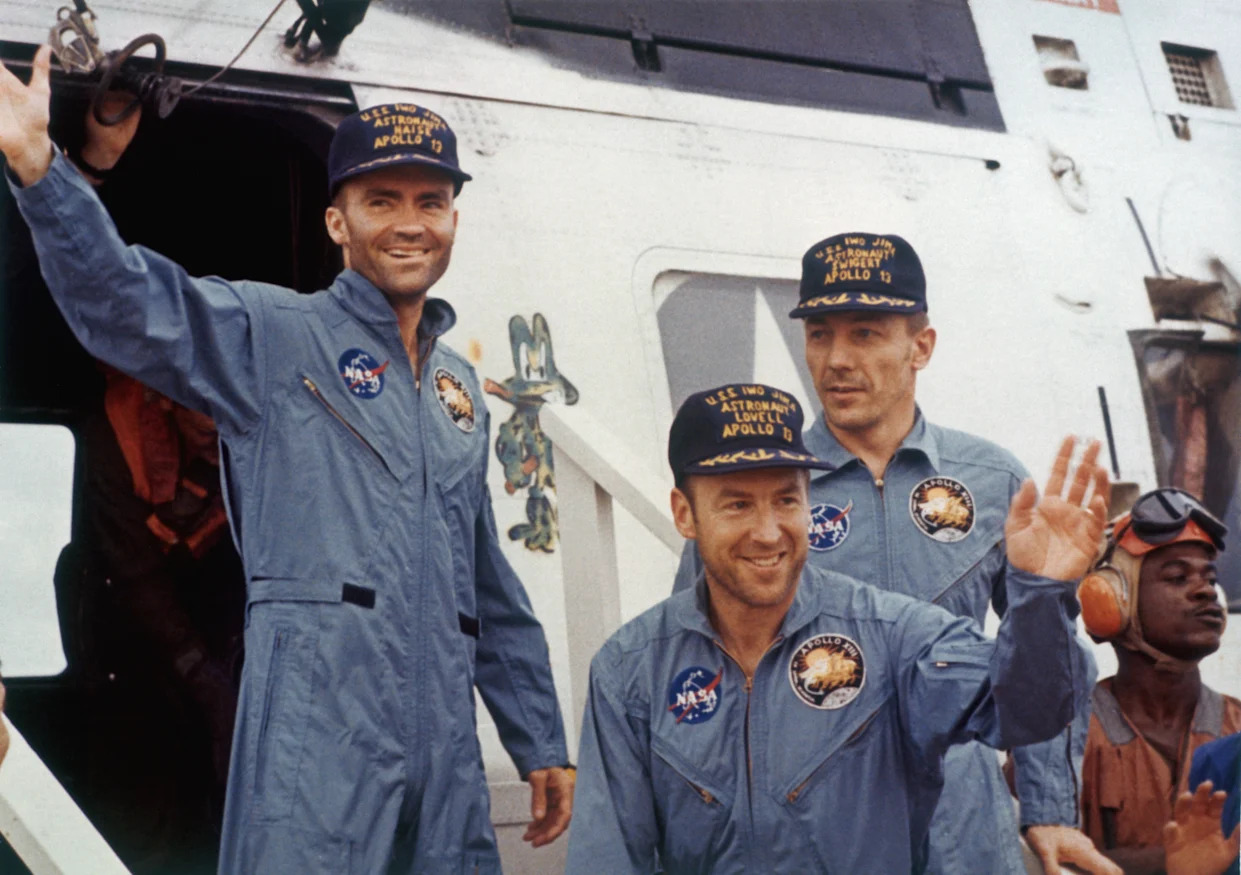Remembering Jim Lovell, the Most Down-to-Earth Astronaut

Veteran Astronaut Jim Lovell, Key Figure in Apollo 13 Crisis, Dies at 97
James A. Lovell Jr., the astronaut whose calm demeanor guided the perilous return of Apollo 13 to Earth after a near-fatal crisis in space, has died. He was 97 years old. Lovell’s life spanned decades of groundbreaking achievement in American space exploration, marked by both triumph and moments of profound danger.
The Apollo 13 mission, launched April 11, 1970, encountered a critical oxygen tank explosion two days into its journey to the moon, forcing the crew to abort their lunar landing attempt and rely on ingenuity and resourcefulness to survive. The safe return of Lovell, Lunar Module pilot Fred W. Haise, and Command Module pilot John L. Swigert – depicted in the iconic 1995 film starring Tom Hanks – captivated a global audience and cemented Lovell’s place in history.
Beyond his role as Mission Commander during the Apollo 13 ordeal, Lovell had already accumulated considerable experience. He previously flew on Gemini 7 and Gemini 12 missions, demonstrating an exceptional ability to remain composed under pressure – a trait that proved invaluable during the Apollo 13 crisis. As colleague Jack Swigert once observed, this detached engineering mindset, essential for navigating complex spaceflight challenges, often precluded a full appreciation of the monumental nature of such voyages.
Reflecting on the sudden fame that accompanied the movie adaptation of his Apollo 13 experience, Lovell offered insightful advice to a science journalist, cautioning against complacency in the face of public attention: “Remember where you’re standing when the spotlight goes off, because no one’s going to help you off the stage.”
Lovell maintained a grounded perspective throughout his career, balancing extraordinary achievements with an appreciation for everyday life as a naval officer, father of four, and homeowner. He often wryly remarked on the surreal nature of having the moon listed among his travel destinations, quipping that it was “two weeks in a men’s room.”
His legacy is intertwined with pivotal moments in space exploration history. Apollo 8, which Lovell flew in 1968 alongside Frank Borman and William Anders, provided a moment of hope and solace amidst a year marked by political turmoil and social unrest. The mission offered the world an unprecedented view of Earth from lunar orbit, with Lovell famously describing it as “a grand oasis in the big vastness of space.” The crew’s observations – noting the stark horizon and unique appearance of the moon’s surface – resonated deeply with audiences worldwide, with nearly one-third of the planet watching live.









